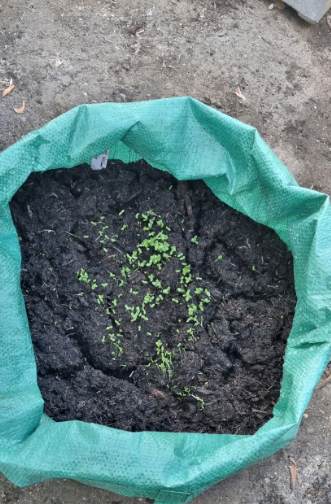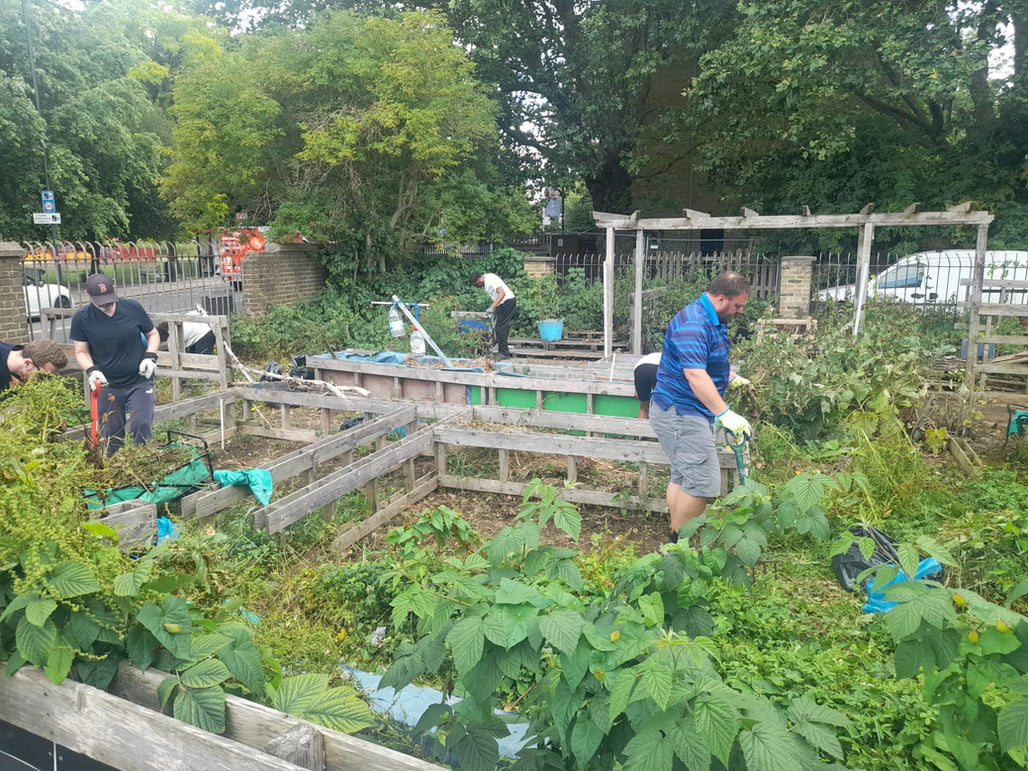Overview of Eco Garden Initiative
for Over 65s and Their Families
Current Situation:
Unfortunately, due to new development plans for the site, the charity has received notice to vacate the location of the eco garden. This means the garden is no longer operational at its original site.
Future Plans:
The charity is actively liaising with the local council to explore potential relocation options for the eco garden. We are committed to continuing this valuable project and are working diligently to secure a new, suitable location. We understand the importance of this initiative to our community and will keep everyone updated on our progress.
Previous Measures:
It’s worth noting that prior to the closure, we had implemented measures to address vandalism, including gating the area and introducing a membership system with ID cards. These steps were taken to ensure the safety and security of the garden and its members.
Our Social impact at a glance

Eco gardening project impact
All time
| 89 | People supported weekly |
| 294 hours | Volunteering |
| £140 | Financial donations |
| 1,059 | Meals collected |
| 2 tCO2e | CO2 saved |
| 57 | Volunteers hosted |
| 9 | Events hosted |
We support Racial, ethnic or national communities, People with disabilities, LGBTQ+ individuals, Females & Children (10-14) in the London area.
Our focus is on Charitable activities & Economic and community development.
Top supporters (Surplus)
| Sainsbury’s | 0.42 tonnes |
| Lidl | 0.015 tonnes |
| Pret A Manger | 0.013 tonnes |
Top supporters (Volunteering)
| M&G plc | 118 hours |
| Hampshire Trust Bank | 84 hours |
| Virgin Media O2 | 68 hours |
Top supporters (Financial)
| Gallagher | £140 |
Top supporter figures are ‘all-time’ donations by the companies shown and can relate to different time-frames
Impact data refreshes every day
By certain metrics, the darkest days of the pandemic are indeed behind us. Daily reported deaths in the United States have plummeted from staggering highs of 5,000+ reported deaths per day in 2021 to around 280 reported deaths per day at the end of February of this year. Multiple vaccines are widely available, as are antiviral treatments. Social distancing is now a distant memory.
But the pandemic continues to profoundly reshape society. Millions of lives have been forever altered by the loss of loved ones, multiple illnesses, economic strain, and poor mental health. Furthermore, excess death estimates suggest that many COVID-19-attributed deaths are being overlooked. While most epidemiologists and other public health experts generally agree that COVID-19 is now endemic—meaning that the virus is continuing to circulate, but at more predictable levels that are consistent with other common viral diseases—they also emphasize that it remains a serious public health concern.
The Challenge Ahead
“The virus is still capable of evolving and it’s going to remain a constant threat. But because so many people have had at least one infection and or multiple doses of vaccines, I think the severity of infection will generally remain relatively low,
M&G Team @ Neighbourly
Virgin Media 02 Volunteers

















